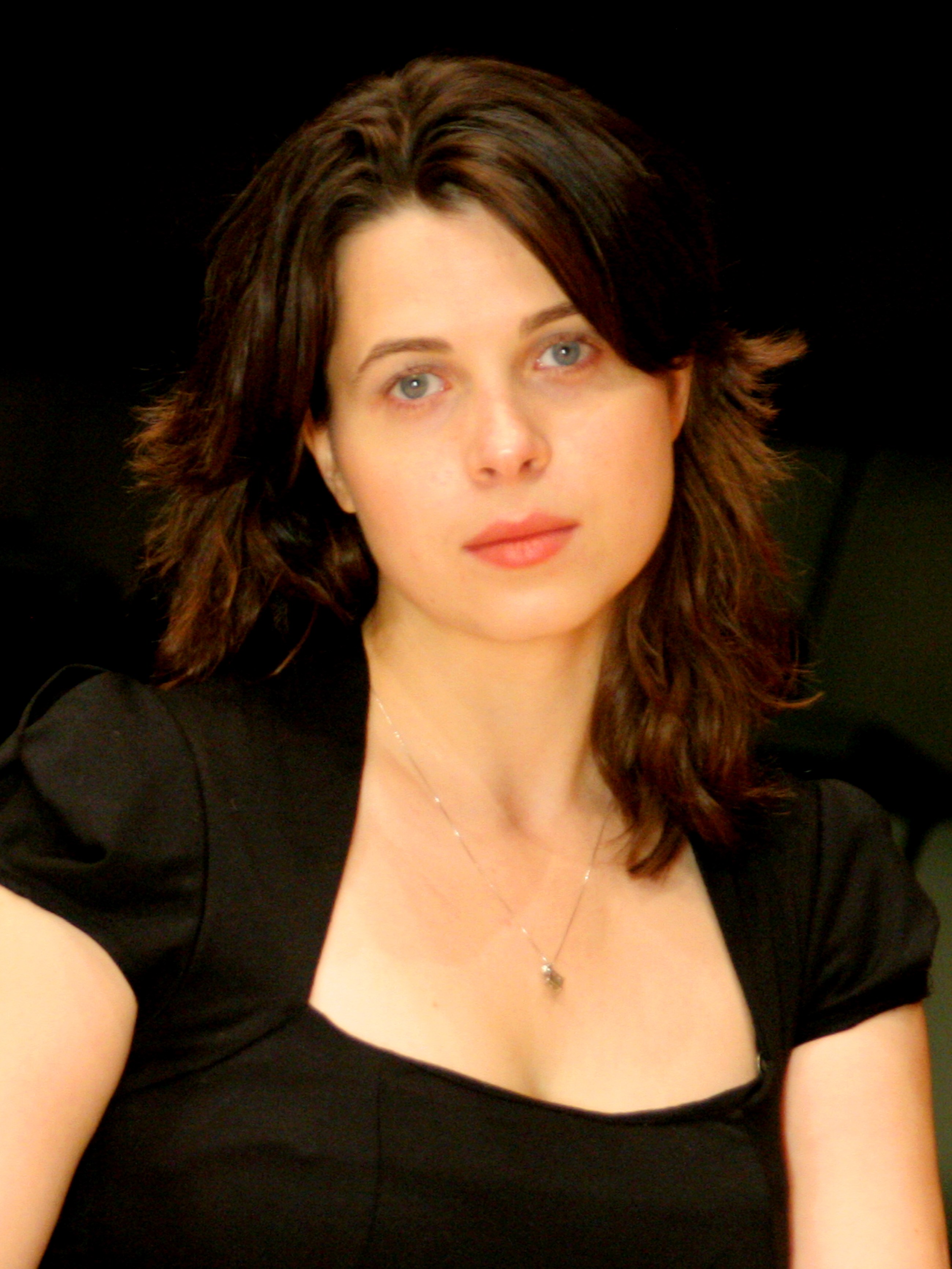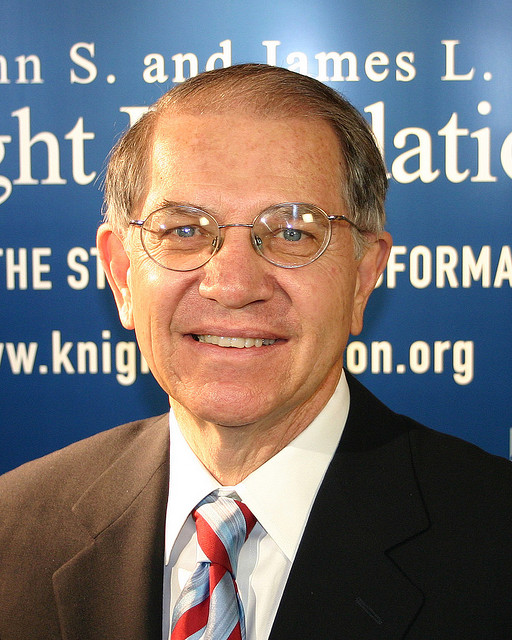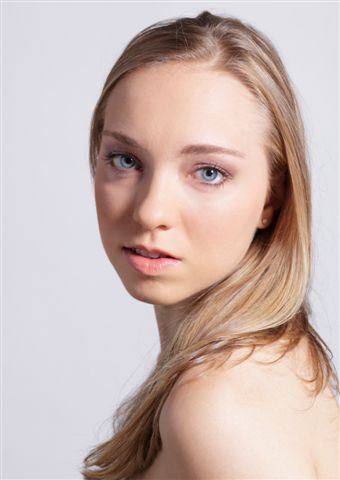
Miami Chamber Music Society makes its debut Sunday
Sunday’s closing concert of the Mainly Mozart Festival will bring an organizational changing of the guard. And if all goes well, it also will inaugurate a new era of cutting-edge chamber music in Miami.
The just-formed Miami Chamber Music Society, founded by arts activist and Coral Gables attorney Lewis “Mike” Eidson and Ukrainian-American pianist Marina Radiushina, will be taking over the 20-year-old Mainly Mozart series Sunday, and doing so with an event that they will use to set the stage for the kinds of approach the new society will take — not just with Mainly Mozart, but with its own series of concerts in the coming season.
“What we’re trying to do here with this concert is create an experience for the audience that is a little bit edgier than usual. Hopefully, it’s going to be an exciting experience; hopefully, it’s something that’s going to be relevant and attract an audience,” Radiushina said last Sunday during a conversation at Eidson’s Coral Gables offices.
The afternoon concert at the University of Miami’s Gusman Hall will feature not just chamber music but the world premiere of a short ballet, choreographed by Miami City Ballet dancer Adriana Pierce to American composer Paul Schoenfield’s popular Café Music for piano trio. In addition to the Schoenfield, Radiushina, joined by cellist Joshua Roman and violinist Eli Matthews, will perform the Mozart Piano Trio in C (K. 548).
Also, Roman will play a movement from the Cello Sonata of Russian composer Alfred Schnittke, as well as an arrangement of the Seven Popular Spanish Songs of the Spanish composer Manuel de Falla. Matthews will perform two works of Janacek — the Violin Sonata and an arrangement of Listek odvanuty (A Leaf Blown Away), originally a piano piece from the Czech composer’s On an Overgrown Path collection — and a minimalist classic, Spiegel im Spiegel, by the Estonian composer Arvo Pärt.
Narration will be provided by veteran UM professor Frank Cooper, who founded the Mainly Mozart Festival along with George Volsky, and there will be six videos about the composers accompanying his pre-performance talks. All of these disparate elements are part of a conscious effort by the Society to reach out to a younger audience and engage them in the world of classical music.
Lewis “Mike” Eidson.
“I looked around, and (Marina) showed me different places in the world where they were doing classical music and attracting younger audiences: café-style, different kinds of seating arrangements, shorter concerts, different kinds of music, a hipper kind of thing,” Eidson said.
Radiushina’s commitment to reaching out to new listeners stems from her two years as a member of Carnegie Hall’s Ensemble AJCW, which spends part of the year teaching in New York’s public schools and also brings chamber music to underserved places such as the Rikers Island jail complex.
“This quest started with my own personal questions of what is relevant: What is relevant for me, and what is relevant for society. I started playing when I was 6 years old, and I have been playing for more than a quarter-century. That’s a long time,” said Radiushina, who’s 33. “At some point you start asking yourself questions: ‘Why are you doing this? How are you contributing? These six hours you spend in the practice room: What does it do?’
“My time in Carnegie Hall actually helped me channel that energy and those thoughts into action. This is when I started to think about what it is that I can do,” she said.
The process started more than two years ago at a private party where Radiushina talked to Eidson about her vision for “taking classical music to places where people don’t get access to it as much,” he said. Intrigued by the idea, he traveled to New York to take a look at the Carnegie Hall program and then continued to talk to Radiushina about doing something similar in Miami.
The chance to put it all in motion occurred earlier this year, when James Judd, director of the Miami Music Project, asked Eidson whether he wanted to take over Mainly Mozart, as the Project leaders no longer felt that the series was part of its mission, which is focused on children’s education. “I talked to Marina and said, ‘This would be a great platform for us to start doing what you want to do. We’ll already have a pre-existing series; let’s see what we can do with it,’” he said.
Besides agreeing to keep presenting the series in Coral Gables (for the past two years, it’s been at the Coral Gables Museum), Eidson and Radiushina thought it would be a good idea as part of the new nonprofit they formed to encourage new composition, particularly from Miami-Dade County composers.
“We have a lot of really great composers here … I have personally worked with a lot of them already, and we’re going to continue with that direction. We also would like to have composers from outside,” said Radiushina, who already has talked to a “well-known Russian composer” about writing something for the Society’s first season.
Adriana Pierce. Photo by Gio Alma
Eidson, 66, who is chairman emeritus of the Miami City Ballet’s Board of Trustees, also was interested in encouraging new dance works, and talked to MCB artistic director Lourdes Lopez about getting something created for the closing afternoon of Mainly Mozart. Lopez suggested Pierce, who wanted to choreograph the Schoenfield, which replaced the Piazzolla Four Seasons of Buenos Aires that originally was on Sunday’s program.
The ballet will feature six of Pierce’s MCB colleagues: Ashley Knox, Emily Bromberg, Sara Esty, Andrei Chagas, Renan Cerdeiro and Neil Marshall. Eidson said the dance will conclude Sunday’s concert, and has required a good deal of extra logistical work to get together. But it looks good, he said.
“This thing is really going to work. Marina and I went to see the choreography last week, and we were very pleased with it,” Eidson said.
Keeping Mainly Mozart running next year during its usual May-June time is only one part of the Society’s plans. Radiushina, the Society’s artistic director, and Eidson said they want to bring chamber music to Miami all year round, and are making plans this summer for 12 to 14 concerts to be presented in the 2013-14 season.
Plans for repertoire and venues are in the very preliminary stages, but Radiushina said the Society wants to bring music to places in the area where such events are few and far between. For example, she said, the group hopes to repeat some of the Mainly Mozart concerts in Coral Gables in places such as the Little Haiti neighborhood and Homestead. “When we go to Homestead, those people don’t necessarily come to Coral Gables to attend a concert. So instead of trying to bring that audience over here, what we’re going to do is actually go over there,” said Radiushina, who’s on the faculty at Florida International University.
Eidson said other possible venues include the South Miami-Dade Cultural Arts Center in Cutler Bay and The Palace assisted-living facility, which has a theater on site. He pointed to the “At Home” musical neighborhood residencies of the Cleveland Orchestra, in which the ensemble sets up shop for a week in a Northeast Ohio neighborhood for a series of residencies and concerts, as a useful example for the Society’s outreach plans. “They did it for community engagement, to get people to like the art form, and to want to see more,” he said. “I believe in classical music, and I want people to hear it. I think it should be able to compete with hip-hop or whatever there is.”
Further inspiration for this kind of approach comes from the cellist Roman, a young and legendarily daring performer who is celebrated in his home base of Seattle for his enthusiasm for new music, unusual venues and collaborations with artists outside musical disciplines.
The Society’s ultimate goal is to raise the profile of Miami as an arts destination.
“What is really important, and what it going to set us apart and what is going to make a difference, is that we’re building, we’re creating here,” Radiushina said. “We want to create that perception, even in the classical music world, let’s say with my friends, the people that I know. I want to say ‘Miami,’ and I want them to think, ‘Oh, some great stuff is going on there, because they are creating, they are doing something different, they are on the cutting edge of things, they are moving classical music forward.’
“This is what I would like to see happen. This is what our ambition is,” she said.
Eidson is a major figure in the city’s performing arts community, and is currently chairman of the Performing Arts Center Trust’s board of directors, which is intimately involved in using the Adrienne Arsht Center as a tool of economic and cultural development. And as treasurer of the Town Square Neighborhood Development Corp., he works on encouraging redevelopment of the neighborhoods around the Arsht Center with the aim of transforming the area into a cultural district.
“Ideas are important. How do people feel about the city? Do they think this is a place that’s serious?” Eidson said. “We’re changing it. We want it to be a world city.”
Radiushina said Miami’s growing arts scene gives the new Society a chance to make a mark, unlike what it would face in New York, where, she said, “every single thing has been done 150 times over, and every single niche has been filled.
“There are lots of things still to be done here in Miami, lots of things to be created, lots of things to be built. And that’s why the city’s so great,” she said.
Sunday’s Mainly Mozart program is set for 3 p.m. at the University of Miami’s Gusman Hall. Tickets are $20 and are available at www.mainlymozart.com, or by calling 786-422-5221.
Recent Content
-
Artsarticle ·
-
Artsarticle ·
-
Artsarticle ·


